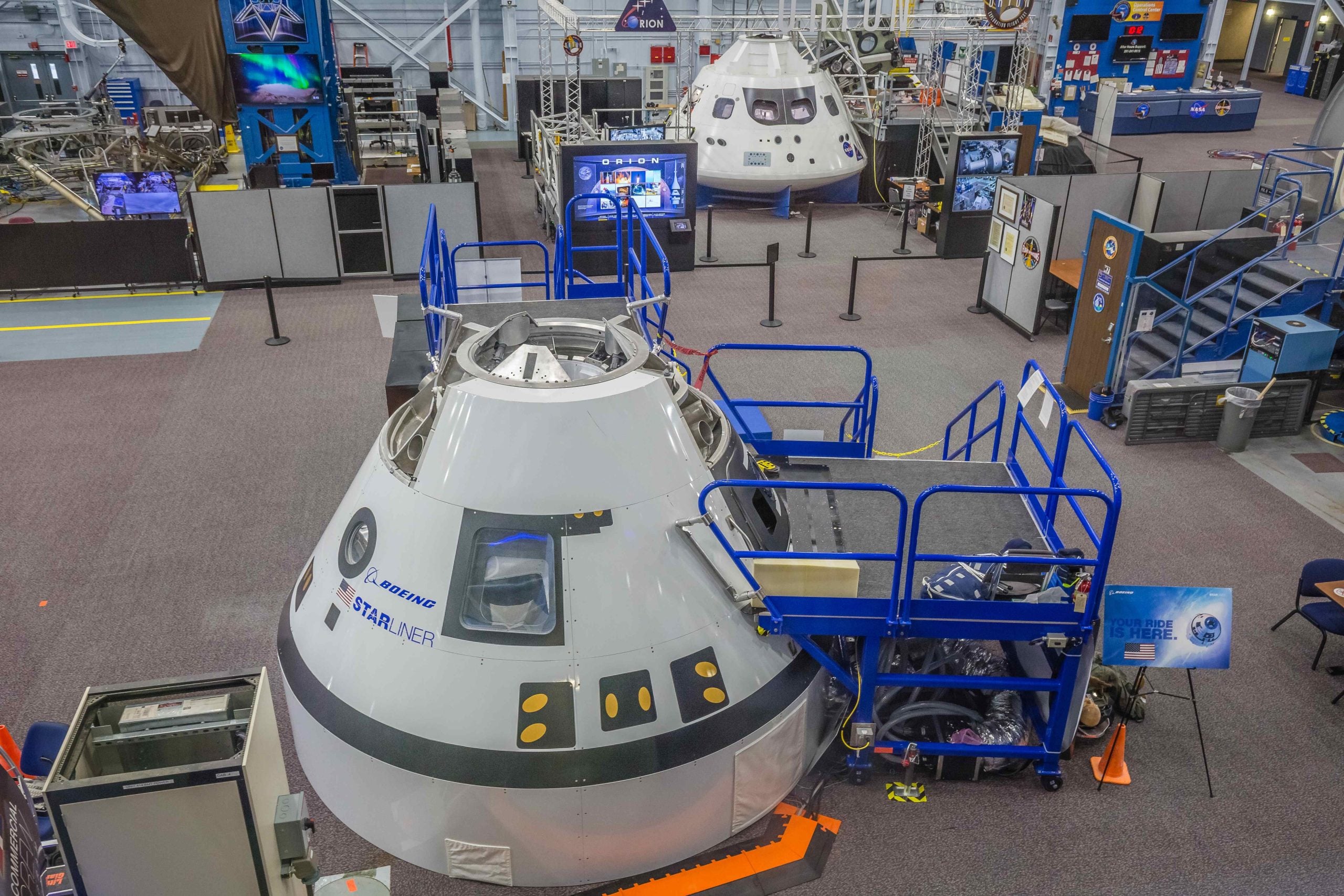
A robotic lunar lander made by a private company embarked on a mission to achieve the first US soft landing on the moon in over 50 years on Monday (8 January).
The robotic lander developed by space robotics firm Astrobotic launched from Cape Canaveral, Florida, atop the debut flight of the Boeing-Lockheed joint venture’s Vulcan rocket.
The mission marks a significant milestone in the evolving landscape of lunar exploration.
If successful, this mission will not only represent the first private lunar landing but also the first US lunar soft landing since the Apollo missions concluded in 1972.
Scheduled to touch down on the moon’s surface on 23 February, Peregrine carries 20 payloads aimed at collecting crucial data about the lunar surface.
This mission aligns with NASA’s Artemis program, intending to pave the way for future human missions to the moon later this decade.
The launch of the Vulcan rocket, standing at an impressive 200 feet tall and powered by engines from Jeff Bezos’ Blue Origin, is a pivotal development for the United Launch Alliance.
Developed to replace the Atlas V rocket, Vulcan aims to rival SpaceX‘s reusable Falcon 9 in the satellite launch market.
As countries and private companies increasingly race to the moon, driven by the potential exploitation of its water-bearing minerals, the success of Peregrine and Vulcan adds momentum to the reemergent stage of international lunar exploration.
How well do you really know your competitors?
Access the most comprehensive Company Profiles on the market, powered by GlobalData. Save hours of research. Gain competitive edge.

Thank you!
Your download email will arrive shortly
Not ready to buy yet? Download a free sample
We are confident about the unique quality of our Company Profiles. However, we want you to make the most beneficial decision for your business, so we offer a free sample that you can download by submitting the below form
By GlobalDataIn 2022, the space economy was valued at approximately $450bn, by 2030 research company GlobalData predicts it could be worth between $760bn and $1trn.
GlobalData’s Thematic Intelligence: Space Economy 2023 report found that the industry had seen a recent influx of startups and privately owned companies. Investor interest, clear market gaps and technological advancements were the main factors credited to this.
“The sector has become incredibly competitive,” GlobalData’s report reads, “space is no longer the sole domain of governments and incumbent aerospace and defense companies.”
“Technological advances in manufacturing, propulsion, and the launch of rockets have made it much easier and less expensive to venture into space,” GlobalData adds.






